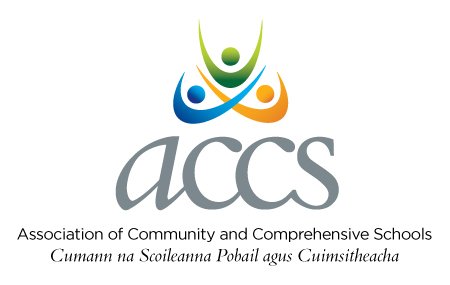Discrimination
Last updated: Tue, Oct 4th, 2016 12:30:43 pm
Boards are advised to refer to the Employment Equality Acts 1998 to 2011and to the Equal Status Acts, 2000 to 2011.
There are nine grounds of discrimination contained in the Employment Equality Act, 1998; and the Equal Status Acts, 2000 to 2011. These are:
gender, civil status, family status, sexual orientation, religion, age, disability, race, membership of the Travelling Community .
Discrimination occurs when, on any of the above discriminatory grounds, a person is treated less favourably, was treated less favourably or would be treated less favourably than another person. Discrimination may be categorised as follows:
Direct Discrimination: occurs where a person is treated less favourably specifically on one of the above-mentioned discriminatory grounds,
Indirect Discrimination: occurs where there is less favourable treatment of one of the above-mentioned categories arising out of the obligation to comply with a condition (requirement, practice or otherwise).
Discrimination by Association: occurs where a person associated with another person in one of the above-mentioned categories, is treated less favourably because of that association.
Boards of Management should endeavour to avoid discriminatory practices and to this end should ensure that:
Job advertisements do not contain requirements which are not essential for the satisfactory performance of the job
Job advertisements do not demand qualifications above the Department of Education and Skills requirements
Job advertisements do not demand experience which is not essential to the job advertised
Job application forms do not contain questions which are discriminatory. Such forms should not contain questions on the politics, religion, sexual orientation, civil status, family status, date of birth, nationality or ethnic origin of the candidate
Questions asked at interview do not set out to elicit information which could arguably be used to discriminate. Questions relating to such matters as age, marital status, number of children, arrangements for minding children or religion should not be asked
Formal Codes of Practice have been agreed between ASTI and ACCS to ensure Equality for Persons with Disabilities and for the Promotion of Equal Treatment for Gay and Lesbian Teachers in the Workplace.

